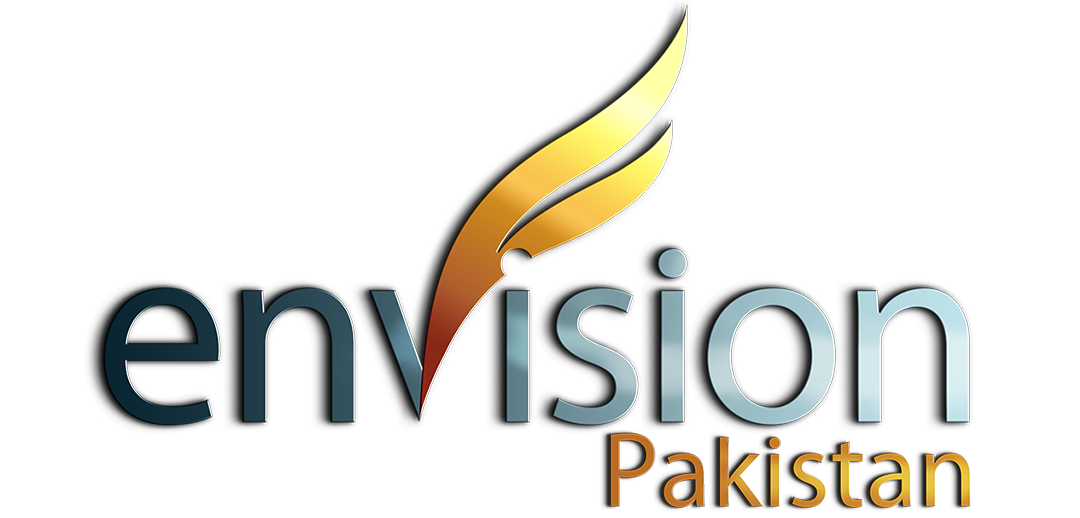Some nations fail and others succeed. Some have emerged as great powers after undergoing failures and defeats, while others have ceased to exist. Integrated long term strategies in all spheres of life and their implementation by states, determine the levels of success in the long term and hence their sustainability and growth.
Leadership
Nations’ resilience to take on challenges is determined both by the will of people and a competent and honest leadership at all levels. Every nation has its own context – the geo-political landscape, availability of natural resources, the ideology and mission it pursues and international relationships at macro levels are determinants of the context in which nations live and thrive. On the micro levels, the prevailing social fabric, how specific internal conflicts are handled, the civic sense demonstrated on roads and in public, and levels of ethics and integrity demonstrated, sets the internal context.


Pakistan has its unique origins, having been carved out of the Indian subcontinent on the basis of religious identity. Pakistan is located at the crossroads of multiple conflicts, hence, unique challenges. It has the potential to meet contemporary challenges of living in a globalized world, contributing to global peace and thus transitioning from underdeveloped to developed nations.
In this context, it is important to identify and develop a competent leadership framework that is best suited to Pakistan’s environment, culture, geo-political situation, and value system. A leadership framework that can facilitate in developing social leaders who can create a positive impact at various levels and dimensions in the society. Social leaders who can take advantage of the human potential possessed by the increasing youth population of Pakistan.
Envision Pakistan Foundation endeavors to work with all the stakeholders including those who play a role as social activists, technology experts, educationists, human development professionals, scholars, and academicians experts in their respective fields, community, religious and student leaders and think tanks. The objective is to propose a suitable Leadership Competency Framework. This framework could be used to benchmark the existing levels of competencies, identify gaps, and endeavor to bridge these gaps through various developmental strategies.
EPF will also facilitate the process of enhancing the competency level by engaging all the stakeholders, enabling Pakistan and its people to live in peace and harmony within itself and the larger international community. It will improve the quality of life of people both socially and in terms of happiness index thus living to its maximum potential.
Copyright © 2022 Envision Pakistan
